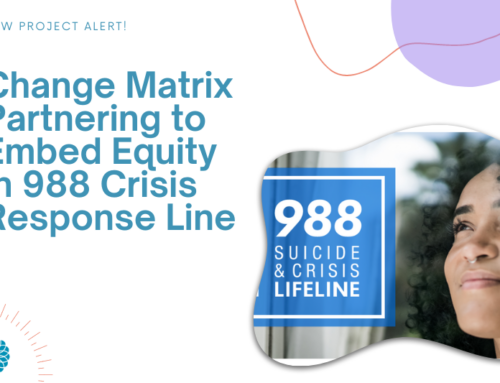On Becoming Trauma Informed –
As a society, we have a challenging relationship with behavior. We have wrestled with the nature of behavior and accountability in our legal system with the insanity defense focusing on the fundamental question: When is someone responsible for their behavior and when can they not be held responsible? Currently, with an increase in scientific evidence that brain structure changes when trauma is experienced and that adaptive behaviors can occur as a result, there are massive shifts in thinking about how we respond to behavior in every environment where children, youth and families interact. To some of us, this is intuitive. In fact, we are grateful to have some evidence behind what our guts told us. It is not, however, intuitive to everyone. In understanding our societal response to trauma and its impact on behavior, we must again wrestle with our notion of when and how an individual is held accountable for their actions. This conversation is fundamental to a collective community concept of what it means to be trauma-informed.
A major effort for CM this past year was to coordinate and facilitate a trauma informed system of care in St. Joseph County, Indiana. SJC CARES (Creating Access to Resiliency and Engagement for Success) engaged leaders across all child and youth serving agencies as well as the Michiana Health Information Network, The University of Notre Dame, The Center for the Homeless and other county organizations. This group developed a vision, mission and principles that will guide their collective work to ensure that all children youth and families, no matter where they are in the County, will be served and supported by a workforce that is aware, trained, accountable and supported to provide services and supports that enhance resilience and build the health of the entire community.
Coordination of this project began with initial meetings amongst champions of a trauma informed approach at both the Community Mental Health Center and the hospital. While they had been focusing on individual responses of care providers, they were willing to engage in a more collective community wide approach. Many of the other systems had varying degrees of knowledge about becoming trauma informed and were interested in a more unified approach. We started to meet as a guiding team and had a small grant from the State which meant deliverables. With that support, we invited a consultant to come and support youth to tell their trauma and recovery narratives through digital media. A Youth and Family summit was convened with the support a local family advocate and providers gathered to learn more about becoming trauma informed organizations.
The guiding team is now creating a more formal governance structure and there is still work to do to engage the community and partners in this important work in the County. As the community coalesces around their vision for a compassionate and collective network of services and supports, there is much to implement such as population-wide screening and assessment for trauma, services that are trauma informed and policies and budgets that reflect that the mitigation of the impact of trauma is truly a community wide priority. Change of this magnitude takes a while and it is inspiring to see community leaders commit to and support healthy individuals in a healthy St. Joseph County.




